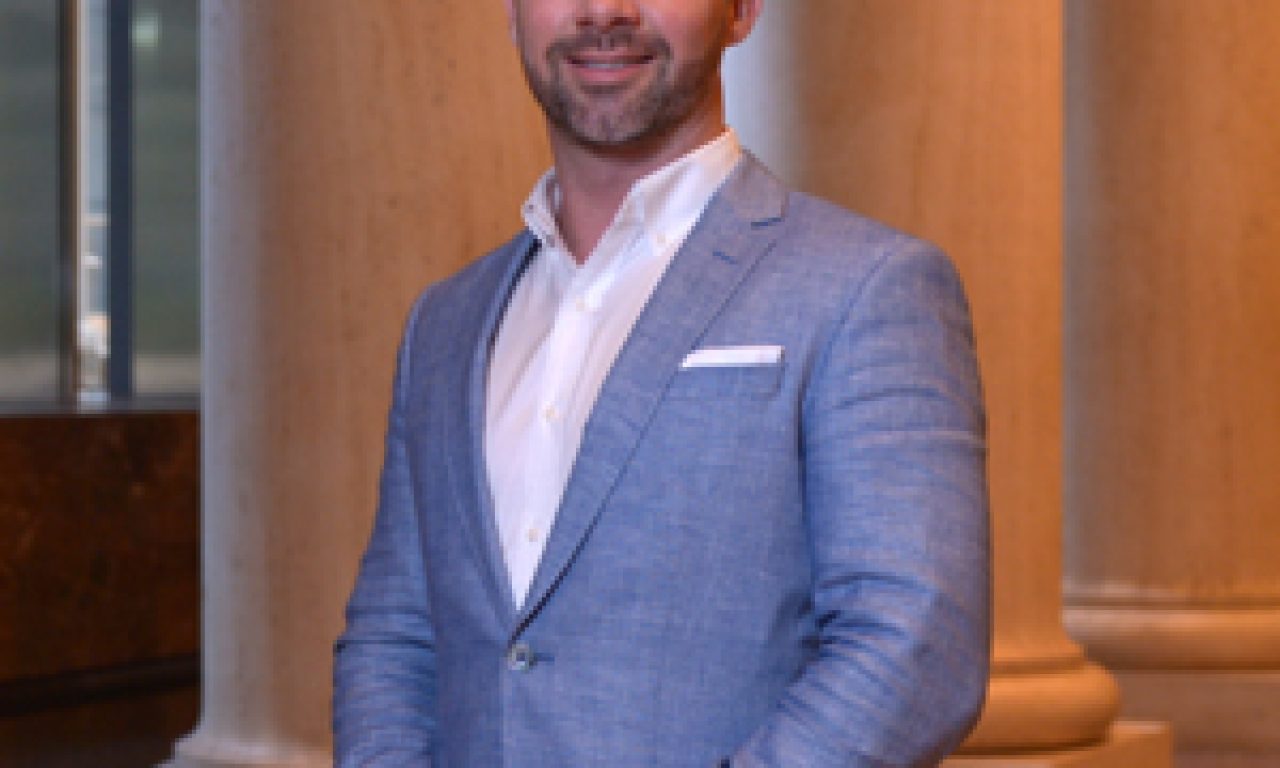Current new growth areas for large investors tend to be in the ‘real’ investments space. If you overlay domestic versus international strategies on that, to accommodate the tendency for local bias, you come up with a trio of local industries which are standouts. They are tourism, direct property and smaller infrastructure projects.
James Mawhinney, who started a privately backed investment group, Mayfair 101, in 2009, mainly with personal and family money, has recently diversified his funds into the ‘real’ space, focusing on Queensland tourism and related property ventures.
Mayfair 101e bought all the ‘buyable’ land on the famous Dunk Island, for instance, while leasing the piece that he could, and intends to modernise facilities and restore the tourist destination to its former glory. The Group also invested heavily into development sites and residential properties at nearby Mission Beach, the mainland departure port 4km from Dunk. The local residential properties were at the bottom of the market last year after the cyclone hit. Mayfair 101 has about 250 properties under contract with more than 125 already settled there.
Mawhinney has been looking to diversify not only the firm’s investment strategy base, which started in the technology and fixed income areas, but also the investor base to include high-net-worth individuals, other family offices and small institutions.
He describes the investment firm as a “cross between the Virgin Group and Berkshire Hathaway in its philosophy”. This means it aims to be both opportunistic and tactical as well as strategic in terms of its direction, and with a tendency towards control over the underlying investments. The opportunism in tech is obvious and ongoing, but with fixed income Mawhinney observed the opportunities from very low bank interest rates on term deposits being offered to retirees, in particular, which led to the establishment of their investment facing brand, Mayfair Platinum, which has raised over $100m from wholesale clients in Australia.
Mayfair 101, for instance, recently made an investment in Australian Business Credit. It subsequently increased its stake. The smaller or private credit markets don’t have the overheads of the banks. “It’s not difficult to provide better rates [than the banks] nor is it difficult to provide better service,” Mawhinney says… We think that today’s ‘non-banks’ are the banks of the future.”
While the firm is headquartered in London, most of its administrative operations are based in Melbourne. And the Dunk Island and Mission Beach redevelopment, in Queensland, is a prime focus right now. Mayfair 101 has become the largest landholder in the Mission Beach region.
“Back in the day,” he says, “Dunk Island was very much the go-to place to holiday. It’s the closest point to the Great Barrier Reef and has a rich history. It’s a bit like a ghost town at the moment, but a very pretty one with an enormous amount of potential.”
Mayfair 101 bought all the freehold land on Dunk and leased the famous ‘Spit’ for 30 years. This is the bit which appears on most postcards. The rest of the island is national parkland. “We bought at the bottom of the market and aim to capitalise on that while making the island a fabulous tourist destination again,” he says.
In terms of its new investment funds, such in the technology and fixed income markets, Mayfair 101 tends to co-invest and absorb the first loss, if necessary, on its balance sheet. “We are still involved in the technology area which we know well,” Mawhinney says. “But more recently have invested in emerging markets too, such as India, which are an important part of having a diversified portfolio.”
The firm offers investors a wealth management platform with administration for SMSFs, high-net-worths and smaller institutions. According to Mayfair 101’s consultant, Patrick Liddy from MSI Group, the platform will be using a major third-party custodian and able to invest and settle in more than 100 markets.
– G.B.

